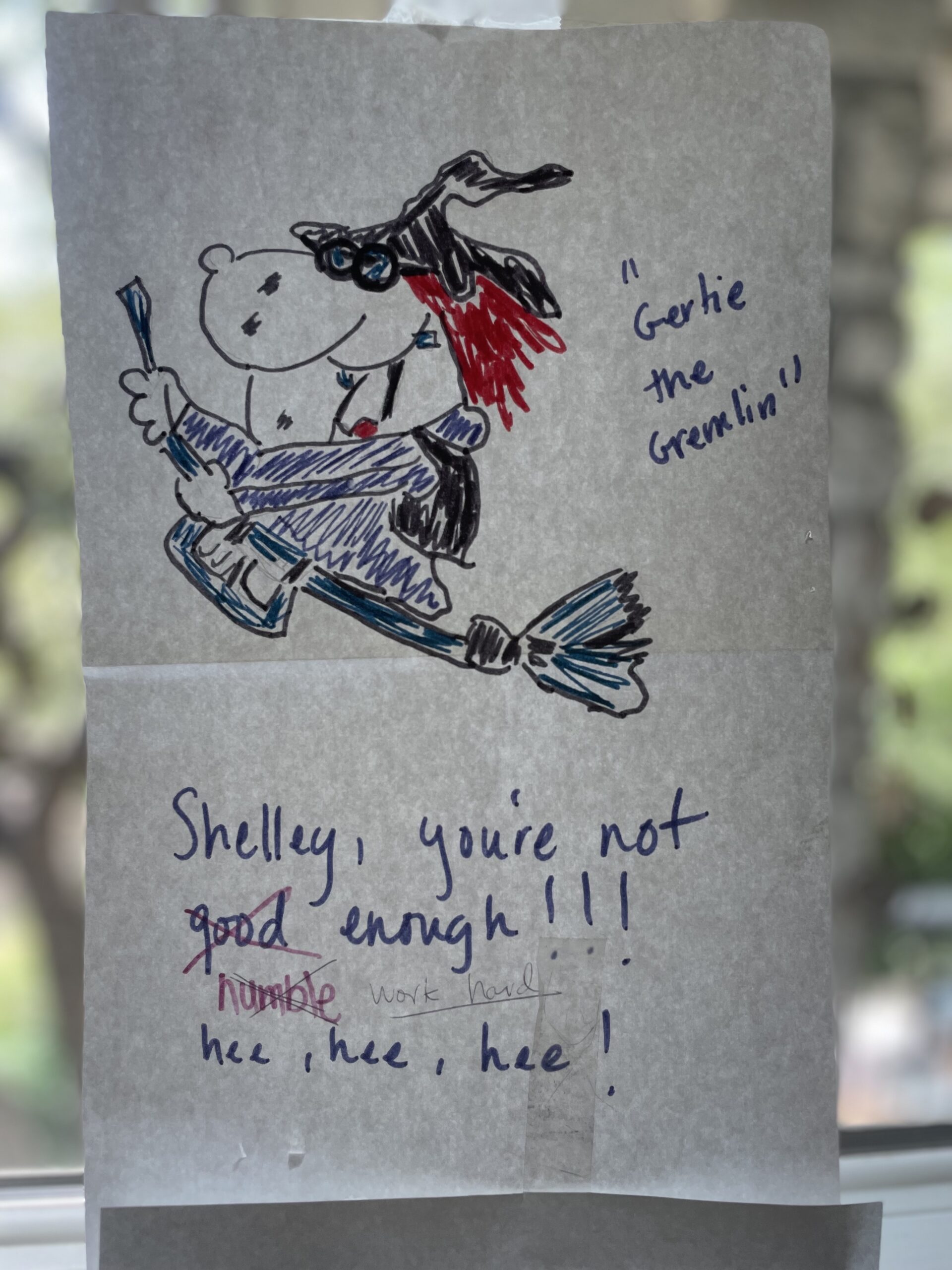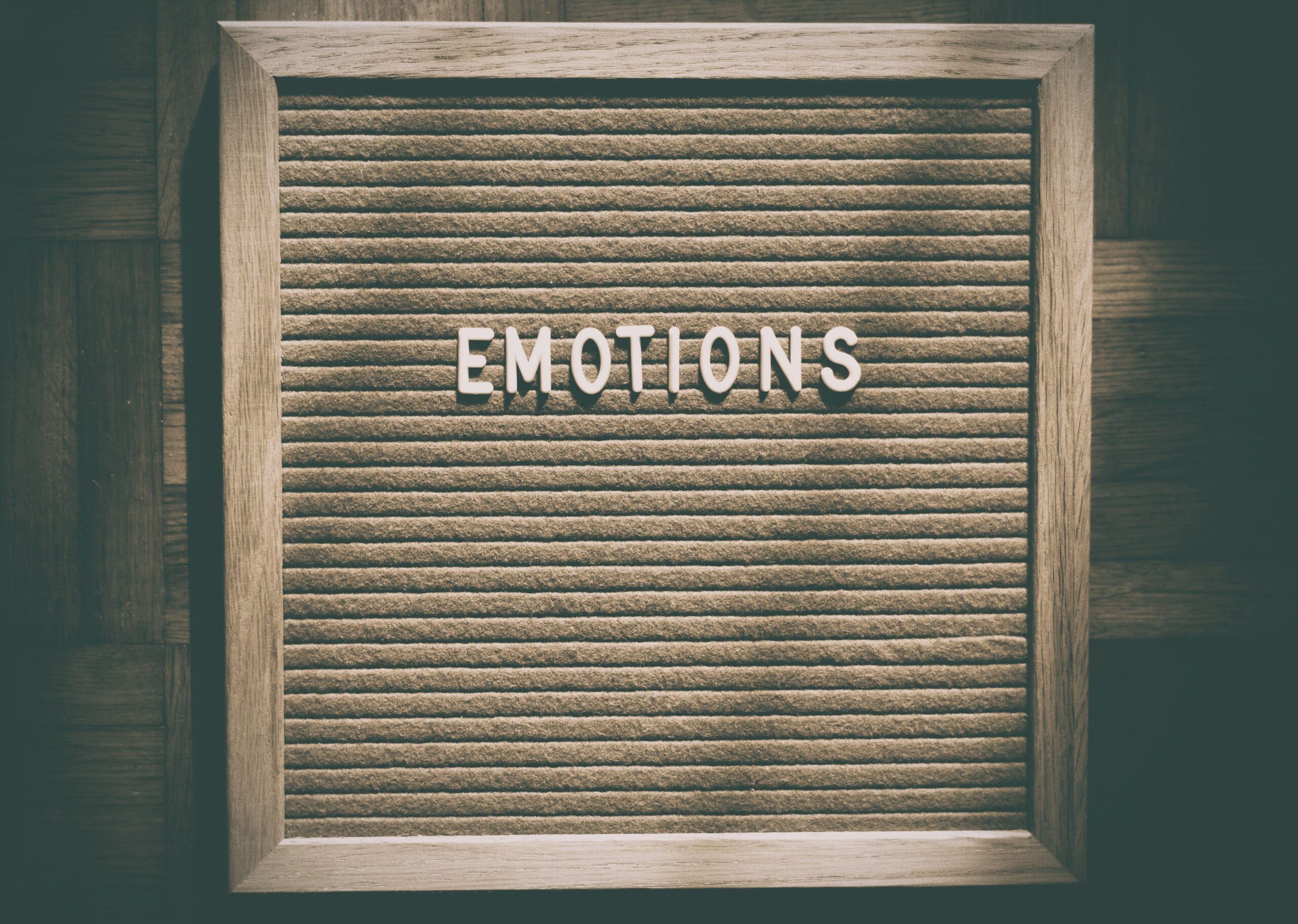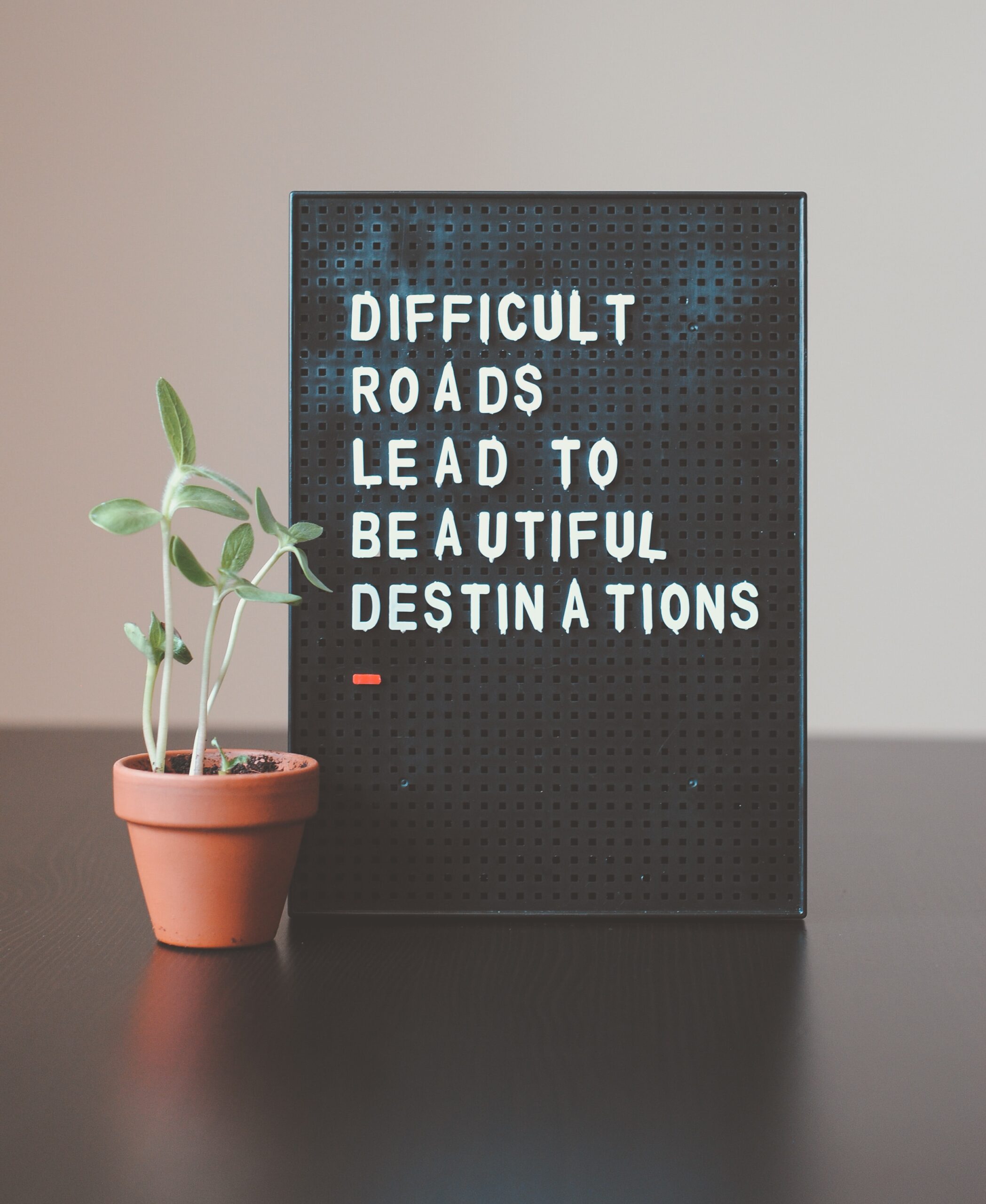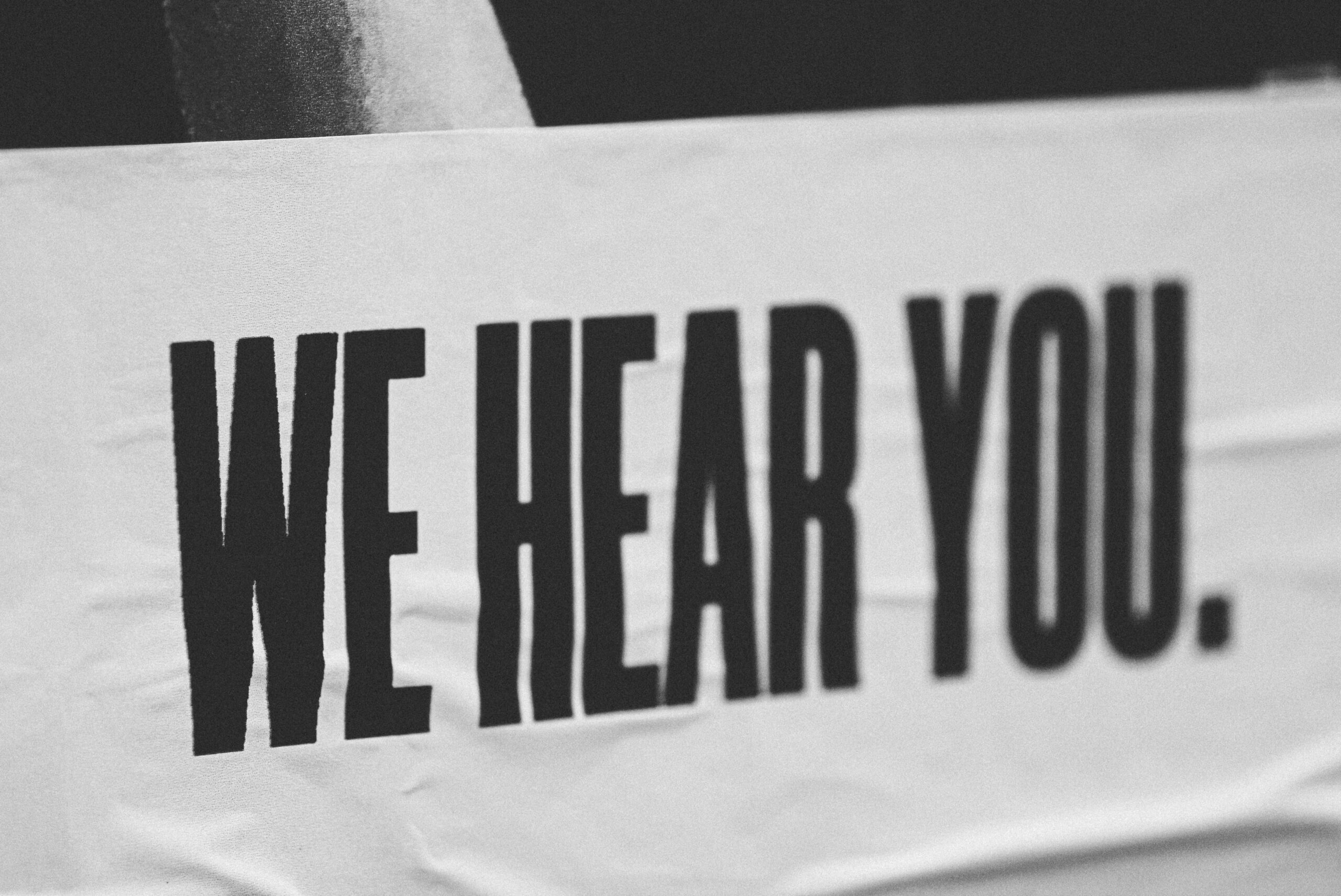
Career Coaching, Emotional Intelligence, Life Direction and Purpose, Motivation, Well Being
Are you comparing yourself to others? Look inward instead.
I look around and see everyone is pursuing these amazing careers and they have great lives. They all seem to know what they’re doing, and they have a purpose. I don’t understand why I can’t get in gear. What’s wrong and missing in me that I can’t figure it out? I hear this a lot as a career coach. And I also recognize it’s hard not to compare yourself to others. When we are caught up in the cult of comparison, we are often caught up in the trance of the inner critic. It’s our brain’s flawed way of trying to motivate ourselves to move into action by using comparison as the carrot to dangle in front of our faces or more aptly the switch to use on our backs. It works up to a point where it stops working as a motivator. We prove and we prove and we prove and then we get tired. And wonder what it was all for. And that is when we find ourselves on the messy path to growth. To wholeness. To uncovering our true value. When I first started out as a coach, my confidence was lower. I was trying something new; I was worried about whether I would be a success and I spent a lot of time and energy ruminating about what I was doing in relation to other coaches. I’d see their fancy LinkedIn posts of workshops they were running, filled with pictures of smiling participants, complete with slick materials bearing perfectly polished logos and I’d feel woefully inadequate. I’d use it as fodder to beat myself up with. I’d start to spring into action to post something, to plan something, in a desperate desire to compete, to put my own words out there too. And then I’d be riddled with thoughts about how my idea wasn’t as good. It would never work. And I’d abandon the idea to the graveyard we each have in our heads. Following your true north isn’t easy The inner critic comparison attack still happens from time to time for me, and chances it does for you too. But it looks a little different now. Recently I’ve turned down a few opportunities that have come my way, because I’ve sensed they weren’t the right path for me and didn’t resonate with my values. Perhaps they would have been right for a different coach, or if I had a different idea or vision for my business. And it was extremely hard to do because I knew deep down my inner critic wasn’t going to like it. I was afraid of the fire that I knew saying no would brew. Now Gertie (my inner critic) is telling me I was crazy to walk away from the revenue. Telling me I am woefully inadequate compared to the coaches that took that path and look how successful they are. And it’s getting in the way of progressing a couple of initiatives I want to kick off, which was […]
July 6, 2023
|
5 min read

Career Coaching, Emotional Intelligence, Well Being
Feeling stuck? Learn to recognize the pesky voice of your inner critic.
There’s often a disconnect between what we want and where we find ourselves in this journey called life. Maybe you come up with an idea of something to try or to learn, but you find yourself quickly dismissing it or finding reasons to rationalize why it would never work. We often mistakenly perceive these things as a lack of motivation. “I guess I just didn’t want it enough. But when I find the right thing, I’ll know it because I’ll suddenly be motivated and filled with an intense passion!” Wrong. Motivation doesn’t just fly out of the air when you find the right thing. There is no right thing by the way. Cultivating motivation and passion has a lot more to do with what voices you’re letting speak inside that crazy thing called your head, rather than the specific thing that you’re focused on. In my experience as a coach, folks typically are stuck for one of two reasons. The answer lies in the source of the stuckness, and whether it has to do with an outer block or an inner block. What is an outer block? An outer block is an external constraint or barrier that gets in the way of a person achieving their goal. It’s something that needs to be planned for, managed, and actively worked. Let’s say I’m thinking of making a career transition, and I want to move into finance. Education will obviously be a barrier to me achieving this goal if I know nothing about numbers. So identifying a course or a program to enroll in, using time management skills to plan for this course, budgeting for this course will be key. Outer blocks are relatively straightforward and easy to coach. The problem is that most of us suffer from inner blocks when there is a disconnect from where we currently are to where we want to be, when we feel stuck or are lacking motivation. The sinister world of the inner block and the inner critic In my time as a coach, I’ve never met a client (including myself) who didn’t suffer from inner blocks and the curse of the inner critic. An inner block is a deep-seated belief that who we are and what we are just isn’t good enough and will never be enough. We all have an inner critic. Mine’s name is Gertie. Here she is: Gertie loves to fly around my head at warp speed and bump into things. She squeals with glee as she yells, “You don’t work hard enough Shelley!” Deep down Gertie knows that I’m lazy and I’ll never do what it takes to finish that new initiative or project. That online leadership academy I’ve been thinking about building and piloting – What a silly pipe dream! And then I start thinking to myself, “Well, maybe it wasn’t that important after all. Maybe I just didn’t want it that bad.” Or maybe I do, and I just allowed myself to get derailed because the inner critic […]
May 8, 2023
|
5.3 min read

Emotional Intelligence, Well Being
How to Feel Your Feelings – The Simple Thing We Never Learn
Over the years I’ve heard the phrase, “You’ve got to feel your feelings,” so many times I could choke. It’s a popular phrase now, way extended beyond mere psychology and coaching circles. It’s almost as common as “living your best authentic life,” which also elicits an eye roll from me. How we hide from our feelings Feeling your feelings sounds simple, but most of us have no real understanding of how to do it. And the guidance out there on this front is hazy at best. A lot of this has to do with the fact that we don’t often have good role models on this front. I’m reminded of that 70’s musical classic, “Don’t cry out loud.” Words, unfortunately, that many of us have decided to live by. Furthermore, most of us think we are feeling the difficult emotions when they come up, but we’re really not. We’re fooling ourselves. This is because when difficult emotions do arise, the fight or fight mechanism gets triggered, our amygdala gets hijacked and rather than do the hard work of leaning into the actual feeling, we lean unconsciously instead into a coping mechanism, which could look something like one of the following options: So, what to do instead? The answer to how to feel your feelings lies is understanding what your default tendencies are and making a conscious choice to do something different. 2. Say yes to the emotion – Pat Rodegast (representing the teachings of Emmanuel) writes, “So walk with your heaviness, saying yes. Yes to the sadness, yes to the whispered longing. Yes to the fear. Love means setting aside walls, fences, and unlocking doors, and saying yes … one can be in paradise by simply saying yes to this moment.” The instant we agree to feel fear or vulnerability, greed or agitation, we are holding our life with an unconditionally friendly heart. We are accepting the present moment as it is. 3. Connect with the feeling in your body – Is it nervousness in the pit of your stomach? Is it anger and frustration in your forehead or shoulders? Is it sadness and grief that hangs heavy in your heart? Connect with the feeling in your body, lean into the experience of it and breathe deeply as you allow yourself to experience it. I find that once I’ve connected at this level the experience of the emotion typically passes rather quickly and it feels almost as if it’s moving through my body. 4. Show yourself loving compassion – I find it’s sometimes helpful to whisper out loud, “I’m feeling scared right now and it’s okay. I’m feeling resentful right now and it’s okay.” The trick here is to acknowledge what’s happening with loving compassion towards yourself, not to make the emotion go away. The only way it will go away is once you’ve accepted it fully and embrace the sensation. Coaching questions for thought: Shelley Pernot is a leadership coach who is passionate about helping her clients discover their […]
April 28, 2023
|
5 min read

Emotional Intelligence, Leadership
A quick tip for maintaining your leadership presence: How to manage emotions under pressure
One of my participants asked the most brilliant question on a leadership training this week. We were talking about the importance of managing your emotional intelligence as a leader, which is so critical considering it’s the leader that sets the tone of a team. To the extent that the leader of a team shows up as frustrated or anxious, it creates a multiplier effect that spills over onto everyone else, and the problem is that your team isn’t going to do their best work in an environment like that. “I know it’s important to reflect. Meditation and journaling are helpful. Exercise is helpful. Sleep is important I know. But what do I do if say I’m in a meeting, and it’s tense. And I find my emotions getting triggered. Let’s say I get angry because the person I’m dealing with is inflexible and difficult. What can I do to manage my emotions then?” I love this question. And it brings up a great point. A lot of the stress management and emotional management techniques out there are aimed at what I call maintenance. Establishing healthy practices that enhance our overall quality of emotional well-being. And these are fantastic as they greatly reduce the overall probability that we will get triggered at an inopportune time. But we all have a bad day. We all have a bad moment. We’re human after all, and the human experience is full of emotions, some on the positive side, some on the painful and so called “negative” side. That’s the inherent duality of life. And no matter how subtle our reaction to something that triggers us, it still triggers us. Maybe we don’t say what we would really like to say or what we’re thinking in the moment – I’m scared, You’re wasting my time, You’re an idiot, I’m an idiot, This is stupid, but it still affects us and the quality of the interaction we are engaged in. We tense up, they tense up. We tune out, they tune out. Energetically something is going on, something is not being said, but tension hangs in the air, and you could cut it with a knife. So back to the amazing question. What do I do? The following practice is one that could be helpful. You can use aspects of it in the moment if you find yourself in a pinch, maybe you just utilize the pause step at that critical moment when you’re really triggered and you can also utilize it as a diagnostic tool to help build awareness. How to manage emotions in a difficult situation – a 3 step process Pause – Take a couple of deep breaths. If you’re in a meeting no one has to know. If it’s appropriate you might excuse yourself for a minute or two. Then ask yourself a question or two: Whatever the feeling is, it’s valid. Just acknowledge it. There’s no need to blame or shame yourself for feeling whatever is coming up. You might tell […]
April 13, 2023
|
4.8 min read

Emotional Intelligence, Leadership
It’s true you can’t always get what you want (but what you need is probably way more important…)
I was thinking about the journey of learning the other day, as I’m getting ready to start another course on leadership for a cadre of participants. It’s an unusual course, as it allows a lot more time for unconventional mindfulness practices and self-reflection. And I was thinking of what I would say to kick it off, as getting participants to buy-in to such unorthodox methods isn’t always an easy sell. Give me the formula In our fast-paced world we’re used to impatience, and we need the answers, and we needed them yesterday. We want to be handed the content, the checklist, the model, or technique and then we want to know exactly how to apply it. We have a “people problem” and we need it solved. “Tell me what to say. Tell me what to do. This is a difficult person. I need to know the exact words to say to get them to do what I want.” But the interesting thing is life just doesn’t work that way. Unfortunately, there’s not a model or a checklist for every possible thing that could happen and often in these types of situations we need to look within first and ask ourselves a few questions… Learning and growth is often messy Real growth and learning is often messy and can require us to lean into things that are frankly just uncomfortable. I often mention this to potential coaching clients. The path to growth is not an easy one, and it’s not linear. Some days you might feel like you’ve taken two steps forward, and some days it might be a step back. Development is a messy, messy business. This reminds me of a situation many years ago when I went on sabbatical. I talk about this in my book. I was strung out, burnt out, and even more than that, disillusioned with life and the direction I was headed. I was stuck in a job I never wanted and didn’t like, and I had ticked all the proverbial boxes and yet was miserably unfulfilled. Learning and growth comes to those willing to stay open I went on sabbatical because I figured I needed some time out (which I did) and figured I’d distract myself with yoga teacher training. In the end, the teaching of yoga was probably the least important thing I learned. Don’t get me wrong, it was helpful. But I learned something far greater than that, and something quite unexpected. I started the long and arduous journey of practicing compassion for myself. The long and arduous ride of stepping into my real power, because that’s what happens when you can accept every aspect of yourself. And what a ride it’s been. When I returned from my sabbatical, I sat down with my beloved boss Timothy, a boss who recognized the importance of self-discovery and gave me the space to start the journey for myself. It took me forever to work up the courage to ask him for permission to go, […]
March 23, 2023
|
4.4 min read

Communication, Emotional Intelligence, Leadership
The (more subtle than we realize) Art of Listening
Recently I was helping facilitate a program on coaching for leaders, and on day 1 we spent quite a bit on time on the subject of listening. You may wonder why, considering it’s something we do every day and most of us think we’re more than competent when it comes to this skill. Think again. “This is hard!” “I keep wanting to butt in and offer my thoughts or advice.” I so appreciated the honesty and vulnerability from the participants. The bottom line is that most of us are average at best when it comes to this skill. And the problem is if you’re a leader looking to inspire and motivate your team to greatness, average just won’t cut it. This reminds me of a story from many years ago. I was speaking with someone who was known in the organization I was working for at the time to be a great leader. A fantastic reputation, the kind of person people sought out to join their team. So I asked this individual, what’s your secret. I was expecting something magnanimous, something I’d never thought of before. Some simple but not easy advice on listening The response caught me by surprise. “I give whatever or whomever is in front of me 100% of my attention.” I was underwhelmed to say the least. But they were really on to something. Because the reality of how we show up is often quite different. Let’s take the following scenario: Someone pokes their head in your office – “Do you have a minute?” They ask. “Sure!” you say, wanting to sound interested and helpful. You’re the boss that cares. You’re approachable. People like you. They walk in and your eyes are still on the email you were in the middle of writing. Your thoughts are still halfway consumed by it. You’re unaware you’re doing this. You’re halfway listening to what they’re expressing. You’re nodding your head in agreement, eager to get back to your draft. They leave and you carry on, you barely notice the interaction and later you forget all about it until they awkwardly remind you of what you’d agreed to in that moment. Listening isn’t an innate thing we can take for granted. It’s a skill. And just like any skill there is a methodology to it and we must practice it. The levels of Listening Level 1 – Halfway listening. In the previous example the manager I mentioned was listening at the equivalent of level 1. They’re halfway there, they’re caught up in their head in something else. They really didn’t have the time for the interaction but instead of setting a boundary and asking the person to please come back later, they acquiesce. The result is they’re not present, they’re not tuned in, and the person on the receiving end of the conversation knows it. The employee with the question leaves disengaged and slightly annoyed. People know when they’re not being listened to. Another version of level 1 is what […]
March 16, 2023
|
5.4 min read
Emotional Intelligence
Shelley Pernot, otherwise known as the Irreverent Guru of Mindfulness, muses on life, leadership and everything in between. Your one stop shop for career tips, leadership tips and daily inspiration!

It was a privilege to work with Shelley as my leadership coach! The process was structured and yet flexible enough to meet needs as they arose. Shelley helped me to grow, learn more about myself, and to really achieve what I set out to accomplish. We worked on planning, navigating a promotion successfully, and so much more! I experienced many successes as a result of working with Shelley, she has great resources, knowledge, and really helps with setting the foundation to this coaching work. She won’t let you down!
Stacy Campos
Regional Coordinator
Having the opportunity to have Shelley as my Leadership Coach could not have come at a better time in my career. I was recently promoted to CFO and was new to the Senior Management Team. Shelley helped me navigate joining the team as well as helped me to determine who I wanted to be as a leader. The Leadership Circle Profile helped our team to discover our blinds spots and to be able to understand each other better. Working with Shelley not only has affected my professional life in a positive way, but also my personal life. She helped me take leaps and has given me the resources to continue this journey of self-improvement. If you’re looking to find more about yourself and how you can be the best version of yourself, I highly recommend working with Shelley.
Kristen Spedale
CFO
I have been working with Shelley for the past 2 years on my leadership development journey. What I thought would be a straight line, I soon learned with Shelley’s guidance, was a winding path with several ups and downs along the way. Shelley supported me as I took a deep dive into my professional and personal history and learned how it affects my approach and my perceptions. She helped me to slow down and recognize certain behaviors and understand that I can pivot in the moment or try again next time. Ultimately, my work with Shelley turned out to be so much more than what I expected. Her approach to coaching was exactly what I needed.
Nicole Naassan
Senior Vice President, Consulting
I’ve learned more about leadership in the past six months working with Shelley than I have in my 10+ year career. She is an incredible coach with many tools in her toolbox. The guidance and mentorship I’ve received from Shelley has been life-changing. She will challenge your limiting beliefs and inspire new ways of thinking.
Margaret Soltis
Creative Director
I highly recommend Shelley if you need a coach, thought partner, and guide as you consider the next steps in your career. She provides practical tools and advice to help launch your career exploration, but most importantly, she is an expert at helping you cut through the noise of your limiting beliefs. At the end of our time together, I had a much clearer vision of what I wanted in my life and a plan to make it happen. My only regret is that I didn’t find her sooner!
Elizabeth Magnus
My career coaching sessions with Shelley have brought me back to living. It’s been contagious, spreading throughout my personal and professional life. I now have the building blocks I need to continue setting healthy boundaries, the freedom to show up as my authentic self, and an adaption of a growth mindset that has allowed me to make bold decisions and try new things. I’ve discovered that there’s always another way and how to eradicate barriers that lead to tunnel vision. These sessions with Shelley have been a great gift and have given me the momentum I need to continue the journey to be my best self.
Teasha Houston
Art Director
It is amazing to think where I was only 10 months ago when I first started working with Shelley and where I am now. Not only professionally but mentally and emotionally. Shelley helped me navigate out of an unhealthy work environment by challenging me and asking me those tough questions we never seem to ask ourselves. What are the values of a true leader? How do those values align with my own? Shelley challenging me and guiding me through some of those tough questions is what led to my epiphany and me having the courage and confidence to leave an environment that threatened my well-being. She taught me how to become more self-aware and self-compassionate. Reminded me to be kind even when the world would understand if I did otherwise. And the biggest one for me, shutting down that crazy inner voice (we all have it!) and replacing it with being present. Shelley has armed me with tools that I will carry with me for a lifetime. Tools that will help me to continue to grow and learn. Life can be hard but working with someone like Shelley does make it easier. She will help you navigate the good and the bad and you’ll learn so much about yourself in the process.
Michele Feria
Director of Marketing
First of all I would like to say that I would recommend Shelley to anyone needing career guidance. As my counselor Shelley helped me transition my career from bartending to Tech Sales which was a difficult and scary transition for me. From the start Shelley was fantastic. Initially I had no idea of which direction I wanted my career to go, I just knew I wanted it to go somewhere else. Shelley was so kind and patient as she helped me figure this out, and gave me a step by step guide on how to explore my options and make an educated decision. She also helped me assess my skill set which played a large part in directing my energy. I landed a great job within days of my final session with Shelley, and now I’m month 3 I am absolutely loving it and doing very well. It was the perfect job for me and Shelley was the one that got me there. Working with Shelley was one of the best decisions I have ever made, she literally changed my life and I am so much happier for it.
Russell Boxer
Account Executive
